Healing Connections: Identity, Culture, and Intervention
Healing Connections: Identity, Culture, and Intervention
Responding to Trauma, historical trauma, loneliness as a part of culturally appropriate assessment models; practitioner compassion fatigue, and the importance of place identity; and responding to the needs of unique cultural groups.
Date: June 2, 2023
Time: 8:30 am to 4:00 pm (AKDT), 10:30 am - 6:00 pm (MDT)
Location: Zoom Web Conferencing Meeting
Continuing Education Units
Six (6) contact hours diversity CEUs. Contact hours may apply toward cross-cultural education hours or as general continuing education hours. Credits relating to Alaska Native Cultures may apply towards AK-Native specific CEU credits.
Welcome and Moderators

Dr. Yvonne Chase
Associate Professor, Human Services, UAA
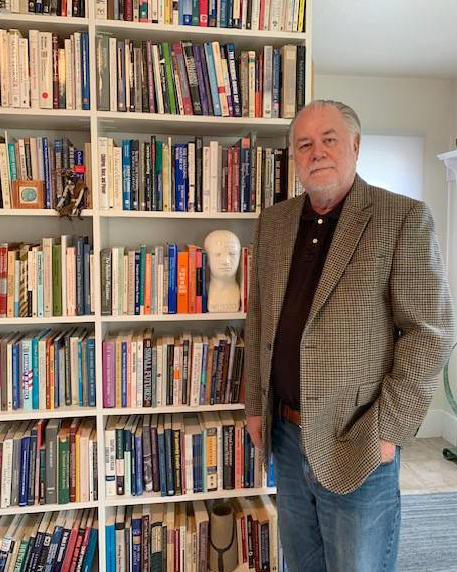
Dr. David Moxley
Assistant Dean of Behavioral Health, Human Services, UAA
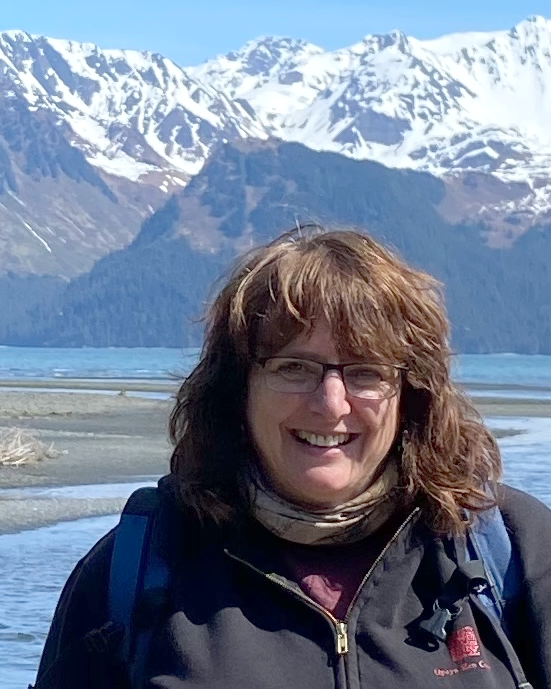
Dr. Vanessa Meade
Assistant Professor, School of Social Work, UAA

Celeste Hodge Growden
President/CEO of the reorganized Alaska Black Caucus
From Assessment to Action: Strategies to Meet Health Needs of Black Alaskans. This
session will discuss the findings from the first Black Alaskans
Amana Mbise, Rei Shimizu & Ginny Grabowski
This session will discuss the findings from the first Black Alaskans Health Needs
Assessment done in partnership between the Alaska Black Caucus and researchers from
the UAA School of Social Work. In addition, participants will learn about on-going
initiatives and easy-to-do strategies to improve the health of Black Alaskans and
the BIPOC community of Alaska.
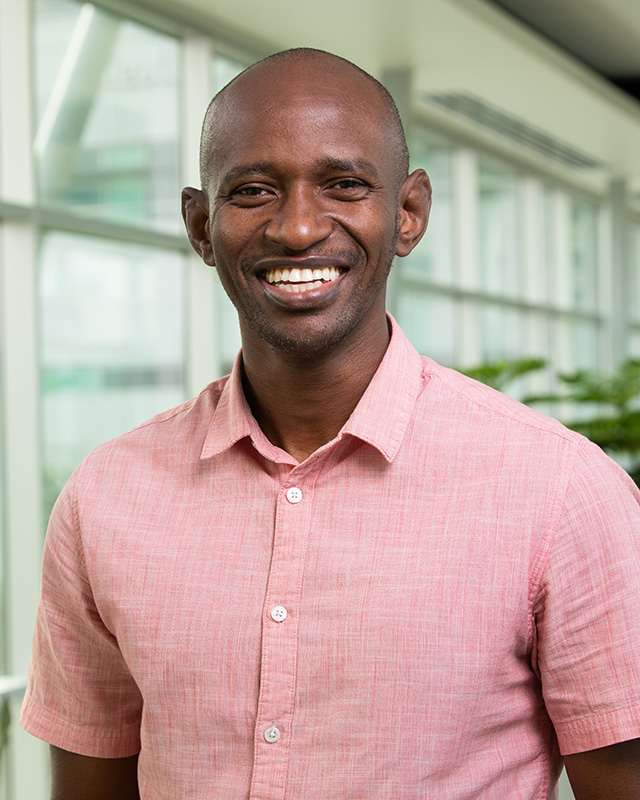
Amana Mbise
Amana Mbise is an Assistant Professor at the University of Alaska’s School of Social Work. Amana brings extensive experiences in global health (HIV/AIDs and Malaria), refugee integration, and community development in Tanzania, Denmark, and the U.S.A.. His scholarship centers around migration, human trafficking, and health equity. His on-going and most recent works include an NIJ study on labor exploitation in Alaska and a Department of State grant to estimate the prevalence of human trafficking and domestic servitude in Tanzania.
In collaboration with the Alaska Black Caucus, Amana led the first health needs assessment of Black Alaskans. The assessment, funded through the Anchorage Health Department (AHD), provides the first look at the overarching health status, needs, and strengths of the Black community of Alaska.
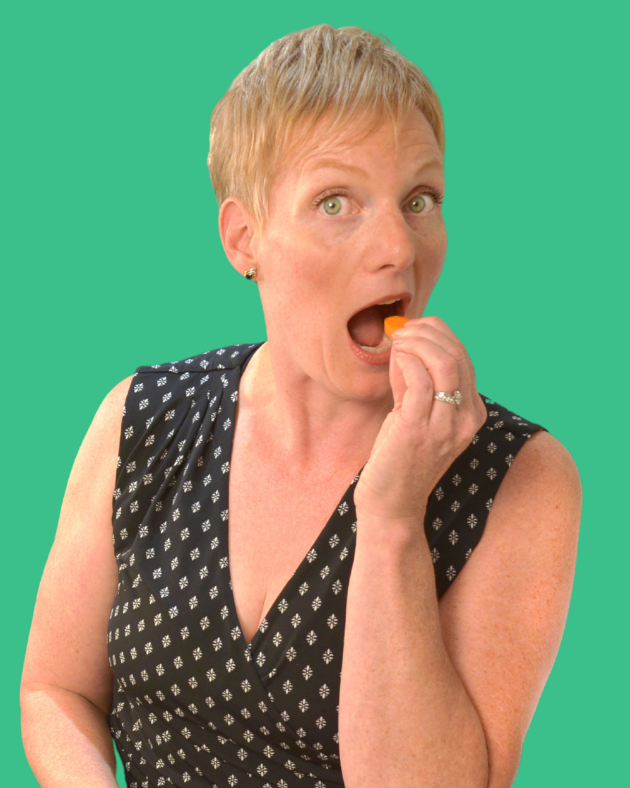
Ginny Grabowski
Ginny Grabowski has been helping women, and a few men, transform their lives through fitness and nutrition since 2003. She has a Master of Science Degree in Exercise Science and Health Promotion and is the creator of The Women’s Wellness Academy, an online health-coaching membership focused on helping women become healthy, strong, and confident.

Rei Shimizu
Rei Shimizu is an assistant professor at the University of Alaska Anchorage School of Social Work under the College of Health. She holds an MSW from Columbia University School of Social Work and a doctorate from New York University Silver School of Social Work. Shimizu's research aims to understand how psychosocial determinants of health, such as poverty, mental health, and interpersonal relationship dynamics, influence food-related decision making and dietary outcomes among low-income young adults. Her research is inspired by the relational food narratives she encountered in her clinical work, providing trauma-focused therapy to those impacted by domestic violence in the U.S. and Japan.
Understanding Loneliness in the Military Community: Considerations for treatment
Jovanna Gaines and Vanessa Meade
While members of the military comprise a large population, there are challenges faced by active-duty members and their families, impacting feelings of loneliness, isolation, and separation. As a community within our larger community, many counselors and therapists might miss significant issues that affect this group. Our discussion will explore loneliness factors, how they increase the risk for significant mental and physical decompensation, and how to address these issues as part of their care.
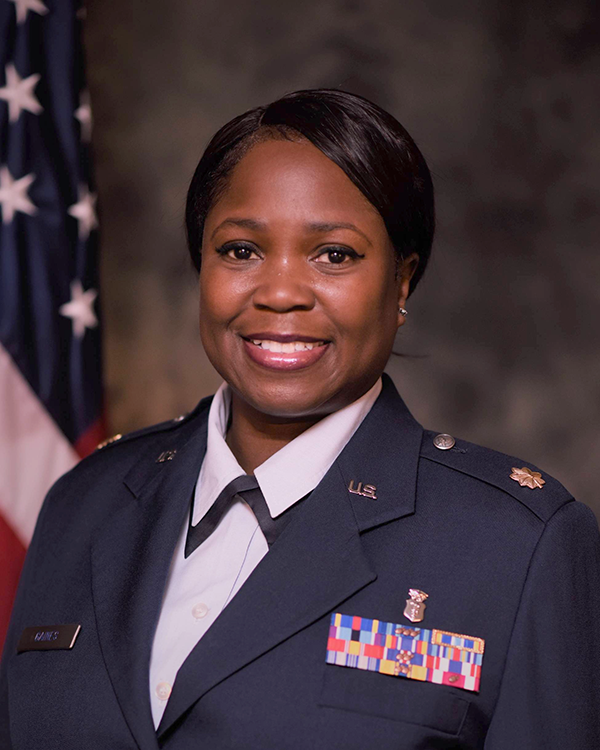
Jovanna Gaines
Dr. Jovanna Gaines is a Licensed Clinical Social Worker (LCSW) with over 30 years of experience. She joined the OU School of Social Work team as a faculty member and instructor in Oct 2021, working within the Ruth Knee Institute for Transformative Scholarship as a Research Affiliate. Dr. Gaines is the Higher Education Prevention Services (HEPS) Project Coordinator at the OU School of Social Work, Norman Campus. Additionally, she serves on the Dale K Graham Veterans Foundation Executive Board, which provides services to veterans and their families, targeting opioid and stimulant misuse and suicide prevention.
Jovanna recently retired from the U.S. Air Force, having served 20 years, deploying in support of Operation Iraqi and Enduring Freedom and attaining the rank of Major. She served as the Flight Commander/Clinic Director of the Mental Health Clinic at Tinker AFB, Oklahoma, provided oversight to the Domestic Violence, Substance Abuse, and Mental Health programs, services, and initiatives,and played a key role in policy development and revisions impacting service delivery to military members and their families.
She attained her Bachelor in Social Work (BSW) from the State University of New York at Stony Brook, her Master in Social Work (MSW) from Fordham University, and her Doctorate in Social Work from Walden University.

Vanessa Meade
Vanessa Meade, PsyD, LCSW, is an assistant professor at the University of Alaska-Anchorage in the School of Social Work. She is also a U.S. Army/Gulf War Veteran and a former Alaska State Trooper.
As a licensed social worker and licensed psychologist in Alaska, Dr. Meade and has worked as a clinician/therapist in rural community mental health agencies and juvenile justice. A focus of her research is women Veteran's issues and mindfulness-based interventions. She is a certified mindfulness teacher and facilitates mindfulness-based programs at UAA with students, faculty, and staff and with military Veterans online and in person throughout the United States.
Dr. Meade also focuses on issues of equity and social justice in her work, including within the LGBTQ+ community.
Puerto Rican Social Work: Challenges for Practice and an Approach to Compassion Fatigue
Syndrome in the School Social Work Scenario
Gloria Collazo and Matthew Cuellar
In this presentation we will have the opportunity to learn about the challenges for the current practice of social work in Puerto Rico. Addressing the issue from inclusion, diversity, cultural competence and human rights. Likewise, we will have an approach to the results of the research carried out on the issue of compassion fatigue in Puerto Rican school social workers. Will be able to know the perceptions of these professionals and how they approach this syndrome to prevent it from the point of view of Puerto Rican school social work.
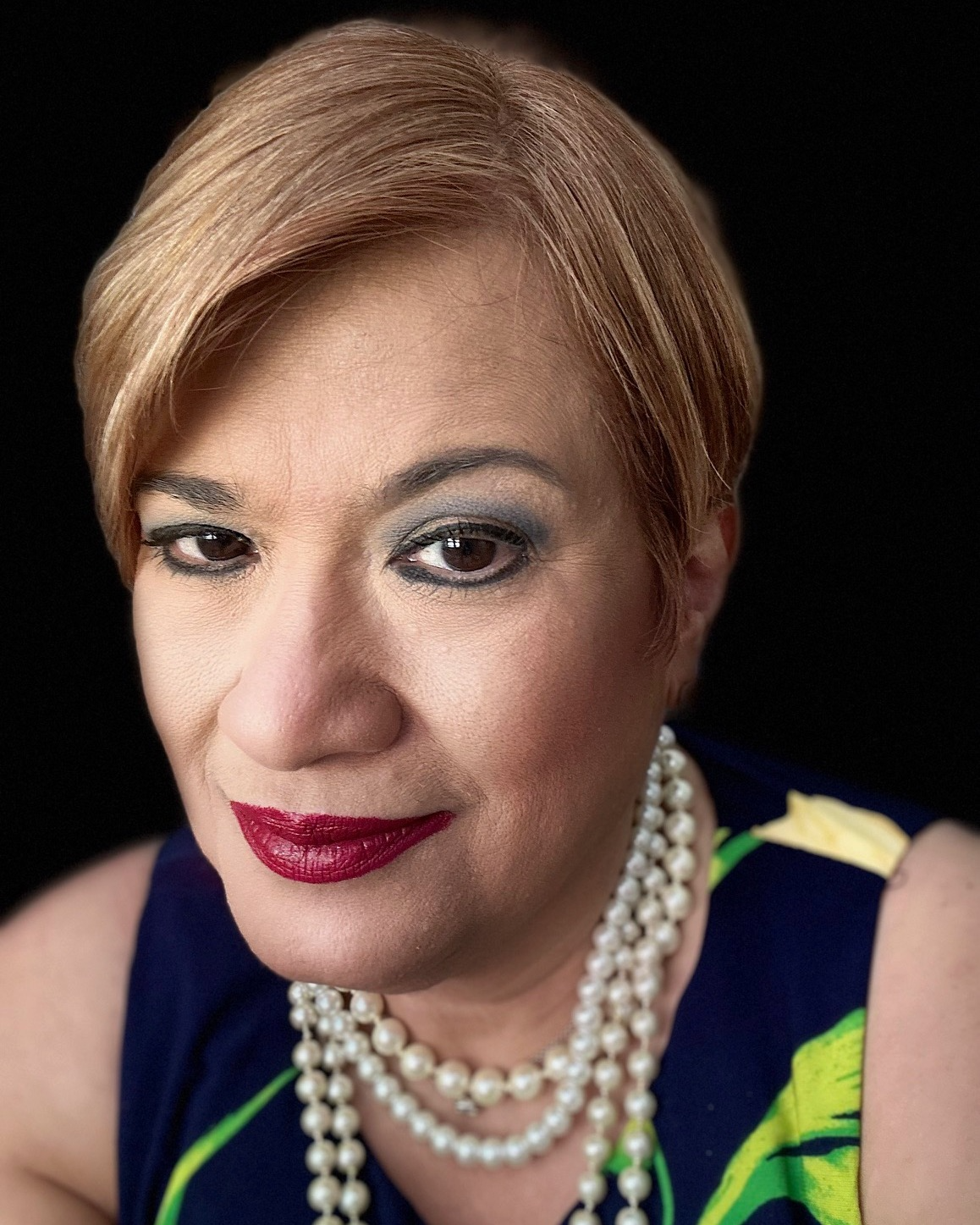
Gloria Collazo
Gloria I. Collazo-Cartagena, has a doctoral degree in social work with a clinical specialty. She studied to obtain bachelor's and master's degree in social work and professional certification in clinical social work at the Inter-American University of Puerto Rico; then completed his doctoral degree at Walden University.
Her professional career dates back to the years 1992 when began working as a school social worker in the Public Education System in Puerto Rico, retiring from public service in 2020. Also, worked part-time investigating cases of child-juvenile abuse for the Department of the Family in Puerto Rico. Participated as a collaborator in faith base projects attending to groups of women victims of gender violence. She is currently working as a professor at the Ana G. Méndez University.
Actually also provides consulting and advisory services in social work for the Department of the Family of the Government of Puerto Rico. From 2016 he began his independent practice in clinical social work. It’s a believer and promoter for professional practice that respects diversity, inclusion, respect for the dignity of the human being from a biopsychosocial perspective.

Matthew Cuellar
Matthew J. Cuellar is a UAA School of Social Work faculty member with extensive experience working in various child-serving systems. Matthew served as principal investigator, project director, and lead evaluator on externally funded projects totaling over $4.67M. His current research focuses on school social work leadership and social workers' roles in keeping schools safe. He is the Program Director for Project SSWEND (School-Based Social Work Education and Network Development) and the primary advisor for the Specialization in School Social Work program at UAA. His interdisciplinary scholarship has been published in several notable journals and textbooks.
Matthew earned his PhD in Social Work from the University of Tennessee, Knoxville, with a Minor in Statistics from the Haslam School of Business. He earned his Master of Social Work from The University of Alabama.
Kawarek Project
Kirstie Henry, Sheila Randazzo, Paul Wasko, Vi Schurman
"How could this work help support and heal our Native students?" This simple question, asked by Sheila Randazzo from Native Student Services (NSS) at UAA, started a project that would blend advising, a high-impact practice (e-portfolios), and Alaska Native knowledge and insights. This work, which initially started NSS, is now part of a Kawerak Inc. project that is working with Alaska Native foster kids. The project is beginning its second year with support from the Casey Family Programs. The session will review the project and share possible future directions for work efforts.

Kirstie Henry
“My name is Kirstie Ione and I am originally from White Mountain, Alaska. I have 2 wonderful boys who currently live in Golovin with their father. I have been working with Kawerak since 2013 and I enjoy helping families and relatives. I also work at Bering Air part-time since 2022. In the Fall of 2023, I will be enrolled at the University of Alaska Anchorage as part of a federal grant.”

Sheila Randazzo
“I am Sheila, Mamasuq, (Seetomona) Randazzo. Sheila Seetomona was my maiden name. My maternal grandparents were the late Tommy and Glenna Seetomona of Shishmaref, Alaska. My mother is Lorena Seetomona also of Shishmaref.
Being that I am an Inupiaq person, traditional Alaska Native education is very important to me. I genuinely cherish the knowledge that I have learned from my family and community regarding life, purpose, values, and traditional skills. They are sacred understandings. In addition, I have earned a Bachelor of Arts degree in Social Work, with a minor in Anthropology at the University of Alaska Fairbanks.”
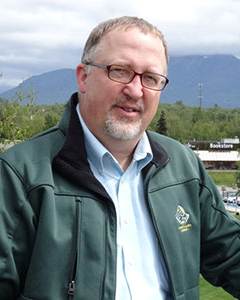
Paul Wasko
Paul currently coordinates the University of Alaska Anchorage (UAA) e-portfolio effort, eWolf. Prior to joining UAA in 2014, he was the Director of Electronic Student Services for the Minnesota State Colleges and Universities where he directed the second-largest e-portfolio effort in the world, eFolioMinnesota. He has also been the head of educational technology initiates for Minnesota and the CIO for the Workforce Preparation branch of the Minnesota Department of Economic Security. In 2006 he was named a Campus Technology Innovator by Campus Technology.

Vi Schurman
Vi Schurman is a descendant of the Bitterroot Salish Tribe in Montana. She spent her early childhood summers with her grandparents on the Confederated Salish and Kootenai reservation. After 40 years in Montana, Vi transitioned to Seattle, providing coaching, training, and technical assistance to Casey Family Programs (CFP) staff. In March 2021, Vi left CFP for her dream job with the Indian Child Welfare Program Unit. There she uses her wealth of knowledge in child welfare to assist in many arenas, including building culturally specific programming for K-8 school children and youth transitioning out of care.










